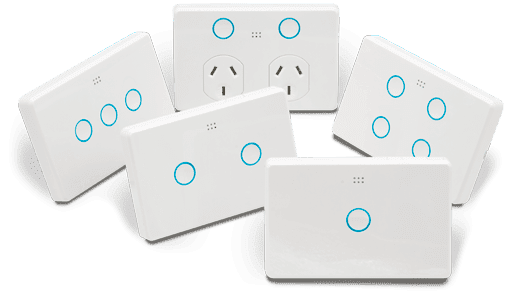List of Benefits When You Discover Turck’s Fieldbus Interface Modules

Industrial automation professionals increasingly recognize that interface module selection directly influences overall system performance and long-term operational costs. Turck’s engineering approach centers on creating robust, versatile solutions that address real-world connectivity challenges across diverse manufacturing environments. When you discover Turck’s Fieldbus interface modules, you’re accessing decades of specialized expertise in industrial communication technology, backed by comprehensive testing protocols and field-proven reliability metrics. These modules represent more than simple connectivity solutions—they embody advanced engineering principles designed to optimize data flow, minimize installation complexity, and enhance system diagnostics capabilities across multiple protocol standards.
Enhanced Diagnostic Capabilities and System Monitoring
Turck’s interface modules incorporate sophisticated diagnostic features that extend far beyond basic connectivity status indicators. Built-in web servers provide real-time access to detailed performance metrics, including signal quality measurements, communication error rates, and thermal monitoring data. This diagnostic depth enables proactive maintenance strategies that can prevent costly downtime.
The modules generate comprehensive log files capturing communication anomalies, voltage fluctuations, and environmental conditions over extended periods. Engineering teams report that these diagnostic capabilities reduce troubleshooting time by approximately 40% compared to conventional interface solutions, particularly valuable during complex system commissioning phases.
Advanced models feature integrated oscilloscope functionality for signal analysis, allowing technicians to identify wiring issues, impedance mismatches, and electromagnetic interference problems without additional test equipment. This capability proves especially beneficial in retrofit installations where existing wiring quality may be questionable.
Modular Architecture and Scalability Advantages
The modular design philosophy underlying Turck’s interface solutions provides exceptional flexibility for system expansion and modification. Hot-swappable I/O modules allow configuration changes without shutting down entire network segments, crucial for continuous production environments where downtime costs can exceed $10,000 per hour.
Compact form factors enable high-density installations with up to 64 digital I/O points per module, while maintaining full electrical isolation between channels. This density advantage translates to significant space savings in control cabinets, often reducing required panel sizes by 30-40% compared to traditional wiring approaches.
The standardized backplane architecture supports mixed I/O types within single assemblies, accommodating digital inputs, analog outputs, and specialty functions like temperature monitoring or valve positioning feedback. This integration capability simplifies system design and reduces component count.
Protocol Versatility and Future-Proofing
Turck’s interface modules support simultaneous operation across multiple fieldbus protocols, including PROFIBUS, DeviceNet, EtherNet/IP, and PROFINET. This multi-protocol capability proves invaluable in facilities with mixed automation platforms or during gradual system migration projects.
Firmware update mechanisms ensure compatibility with evolving protocol standards without hardware replacement. Recent updates have added support for advanced EtherNet/IP features like CIP Safety and time synchronization, extending the useful life of installed systems.
The modules automatically detect and adapt to different communication speeds and addressing schemes, reducing configuration complexity during installation. This auto-configuration capability minimizes the potential for human error during system setup, particularly important when working with multiple protocol variants.
Robust Construction and Environmental Resilience
Testing protocols for Turck’s interface modules exceed standard industrial requirements, with vibration testing conducted at levels 50% above IEC specifications. Salt spray testing simulates decades of corrosive exposure, ensuring reliable operation in chemical processing and marine environments.
Temperature cycling tests between -40°C and +85°C verify consistent performance across extreme conditions, while electromagnetic compatibility testing addresses interference from high-power switching equipment commonly found in industrial settings. These comprehensive testing procedures result in MTBF ratings typically exceeding 400,000 hours.
Conformal coating protection shields internal circuitry from moisture, dust, and chemical vapors, while IP67-rated housing construction allows installation in wash-down environments. UV-resistant materials prevent degradation during outdoor installations or under intense industrial lighting.
Recent Posts
Recent Comments

Comprehensive Auto Services Explained: What Your Vehicle Really Needs

How Blue Prism Automotive Is Revolutionizing the Automotive Industry

Top 10 Reliable Used Cars to Buy in Hyderabad: Is Maruti Suzuki Baleno Still the Best Bet in 2025?

The Road Ahead: Trends and Tools Shaping the Future of Car Ownership

Why Electricians Recommend Upgrading Old Switches and Lights Today

Variance in Finance: How CFOs Can Leverage Analytics Tools for Informed Decision‑Making

Mastering Event Planning: Finding the Perfect Function Space
